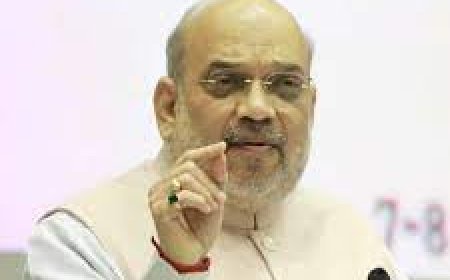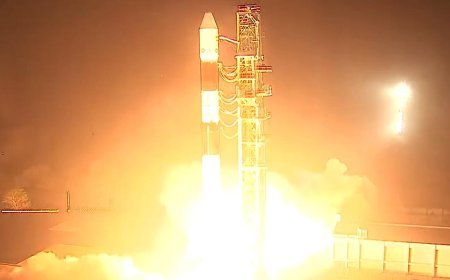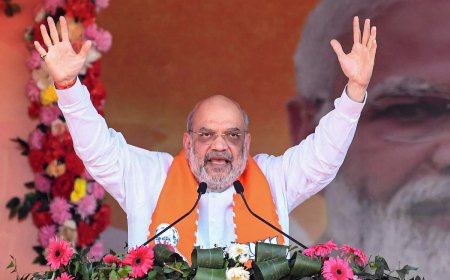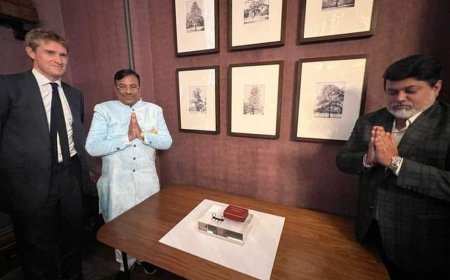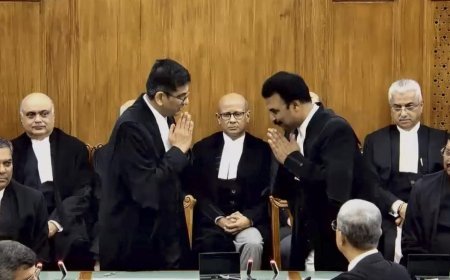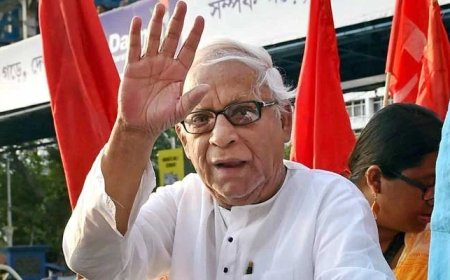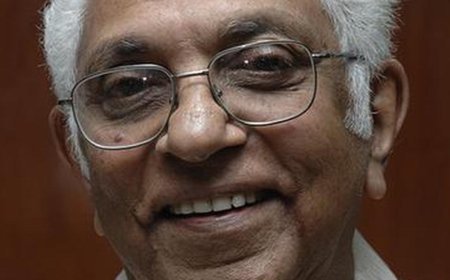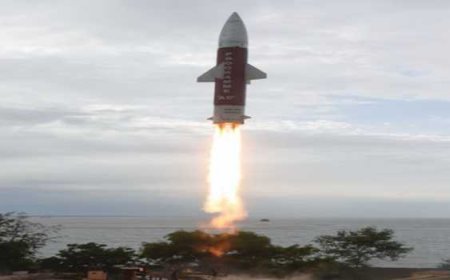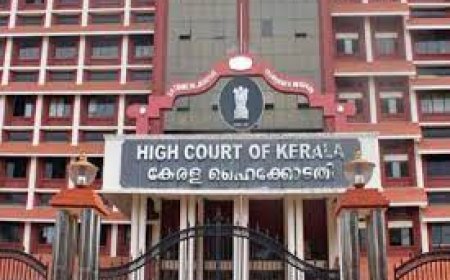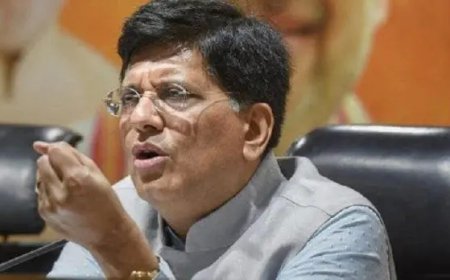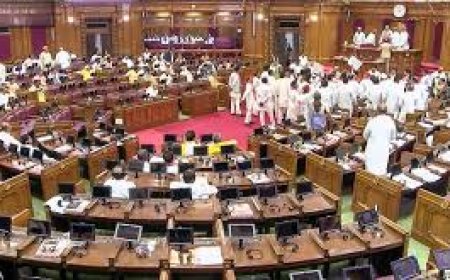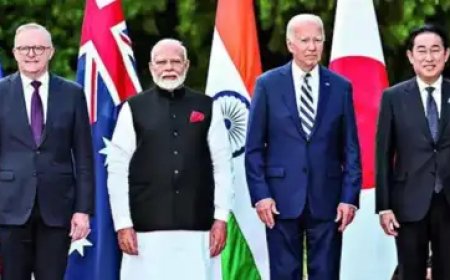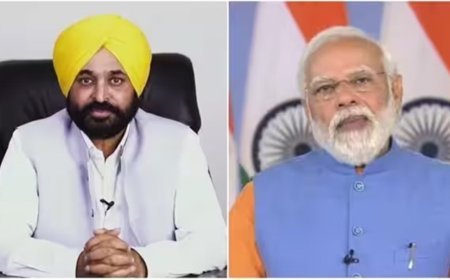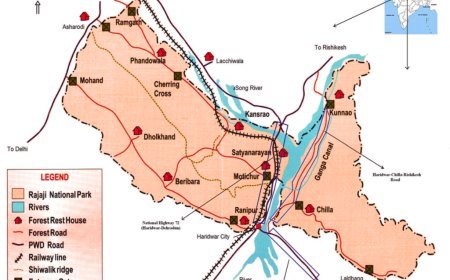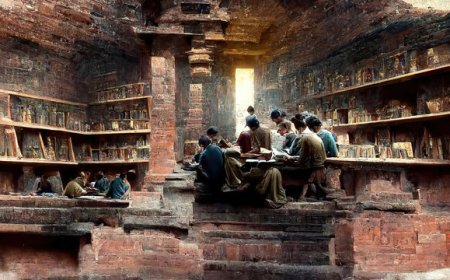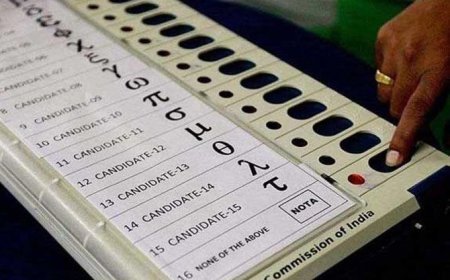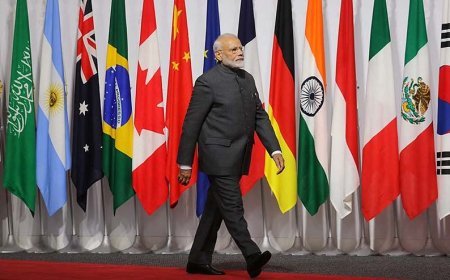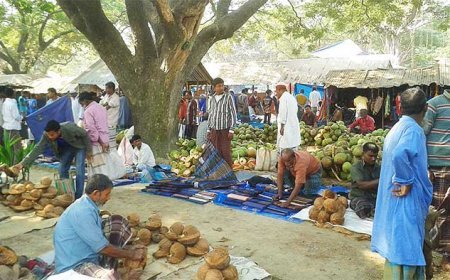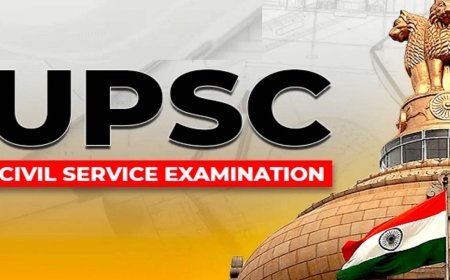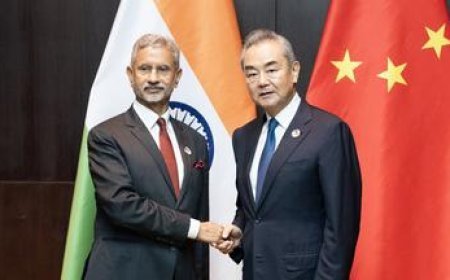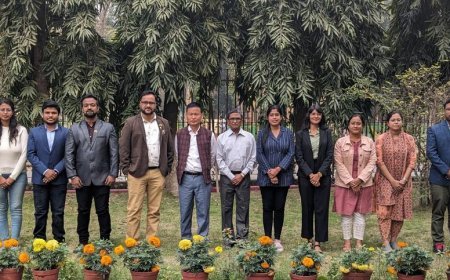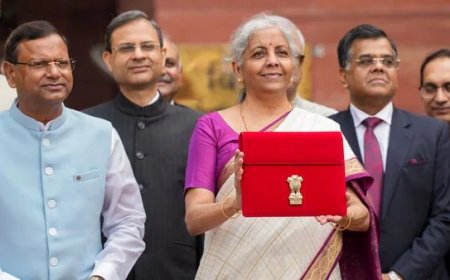Government Cancels Auction of Three Critical Mineral Blocks

Government Cancels Auction of Three Critical Mineral Blocks
New Delhi, July 28, 2024 - In a significant development, the Indian government announced the cancellation of the auction for three critical mineral blocks, including a key lithium mine in Jammu and Kashmir. The decision, attributed to an inadequate number of qualified bidders, marks a setback in India's efforts to secure vital resources necessary for its push towards sustainable and self-reliant energy solutions.
Details of the Cancelled Blocks
The three mineral blocks in question were:
1. Salal-Haimna Lithium Block in Jammu and Kashmir:
o Lithium is an essential component in battery technology, particularly for electric vehicles (EVs) and renewable energy storage systems. The discovery of lithium in India had been seen as a strategic advantage for the country, which is currently heavily dependent on imports for this critical mineral.
2. Muskaniya-Gareriatola-Barwari Potash Block in Jharkhand:
o Potash is a key ingredient in fertilizer production, crucial for enhancing agricultural productivity. India's demand for potash has been steadily increasing, and the domestic production of this mineral could help reduce reliance on imports, stabilize prices, and support the agricultural sector.
3. Kurunjakulam Graphite Block in Tamil Nadu:
o Graphite is a vital material used in the manufacture of batteries, particularly in the anode component of lithium-ion batteries. It is also used in various industrial applications, including steelmaking and lubricants.
Reasons for Cancellation
The Ministry of Mines, in its notice, cited the lack of sufficient bids that met the criteria outlined in the mineral auction rules as the primary reason for canceling the auction. The rules require a minimum number of bids to ensure competitive bidding and fair market valuation. In this instance, the received bids did not meet the required threshold, prompting the government to call off the auction.
This cancellation highlights the challenges India faces in its attempt to tap into domestic reserves of critical minerals. The need for comprehensive geological surveys, infrastructure development, and a stable policy environment are crucial to attracting potential investors to participate in such auctions.
Implications for India’s Critical Mineral Strategy
The decision to cancel these auctions has broader implications for India's strategic goals, particularly in the context of energy security and sustainable development. As the world transitions to greener technologies, the demand for minerals like lithium and graphite, essential for batteries and renewable energy systems, is expected to skyrocket.
India has been making concerted efforts to secure access to these critical minerals, both domestically and through international partnerships. The development of domestic mineral resources is seen as a key pillar of this strategy, aimed at reducing dependence on imports, ensuring supply chain security, and supporting the country's burgeoning EV industry.
The cancellation also reflects the need for a more robust framework to encourage investment in the exploration and extraction of critical minerals. This includes ensuring clear regulatory guidelines, providing incentives for exploration and production, and building the necessary infrastructure to support these industries.
Future Prospects and Government Response
In response to the cancellation, the Ministry of Mines has indicated that it will review the auction process and consider amendments to make future auctions more attractive to bidders. This could involve reassessing the bidding criteria, offering more detailed geological data, and providing greater clarity on regulatory and environmental issues associated with mining these minerals.
Additionally, the government is expected to continue its efforts to secure critical minerals through international partnerships. India has been in talks with several countries, including Australia and Argentina, which are rich in lithium and other key minerals. These partnerships aim to establish a reliable supply chain for critical minerals, essential for the country’s energy transition.
The cancellation of the auction underscores the complexities involved in developing a self-sufficient supply chain for critical minerals in India. As the country moves forward, a coordinated approach involving policy reforms, international cooperation, and domestic capacity building will be crucial to meeting the growing demand for these vital resources.
Conclusion
The cancellation of the auction for three critical mineral blocks represents a significant moment in India's ongoing quest for mineral self-reliance. While it poses immediate challenges, it also provides an opportunity for the government and industry stakeholders to reassess and strengthen the strategies required to develop a sustainable and secure supply chain for critical minerals. The outcome of these efforts will be pivotal in shaping India's future as a global player in the green technology and energy sectors.
What's Your Reaction?









